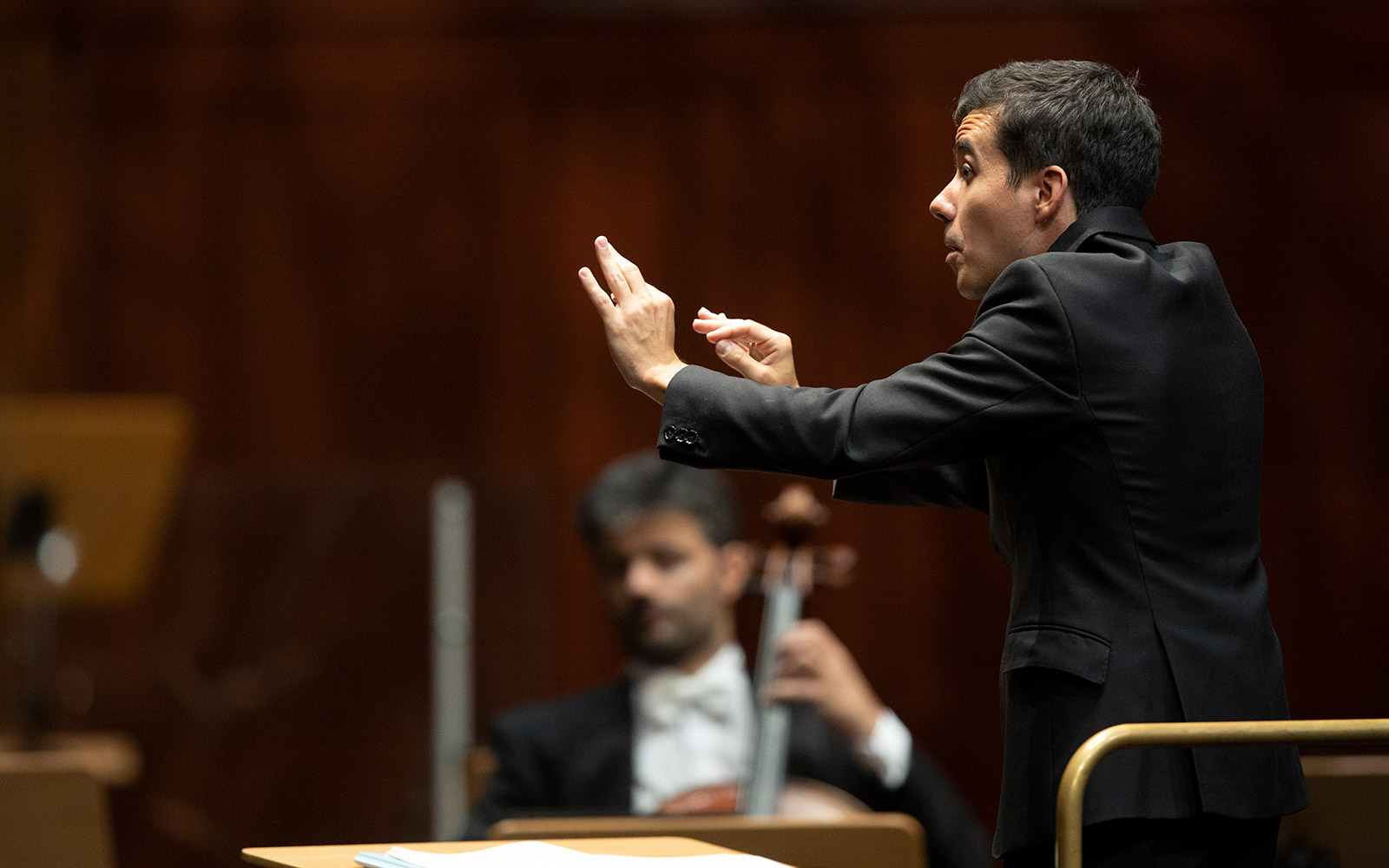A Journey to Hungary
Sunday Concerts
Event Slider
Date
- / Cancelled / Sold out
Location
Grand Auditorium Calouste Gulbenkian FoundationEVENT CANCELLED
Following the restrictions announced by the Portuguese Government, both sessions of this concert have been cancelled. Please request a refund for your tickets by submitting the form below.
Submit form
Gulbenkian Orchestra
Nuno Coelho Conductor
Nuno Cernadas Piano
Béla Bartók
Hungarian Peasant Songs, Sz 100
Franz Liszt
Totentanz, S. 126
György Ligeti
Concert românesc
The Calouste Gulbenkian Foundation reserves the right to collect and keep records of images, sounds and voice for the diffusion and preservation of the memory of its cultural and artistic activity. For further information, please contact us at [email protected].
Hungarian composers of the first half of the 20th century were essential drivers of the fusion between different musical languages, popular and erudite, with Béla Bartók and Zoltán Kodály standing out as two great icons. Kodály was born four years before the death of Franz Liszt, one of the greatest figures of the 19th century. Born in Hungary, although in a German-speaking region, he would become one of the great piano virtuosos of is time. Fascinated by the “dance of death”, a secular European notion with great impact on the visual arts, Liszt composed the magnificent Totentanz, a paraphrase for piano and orchestra based on the Gregorian Die irae.
